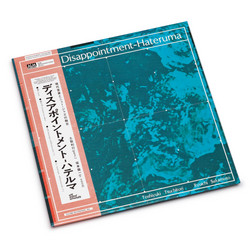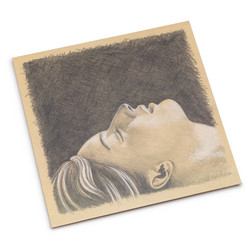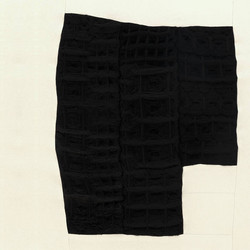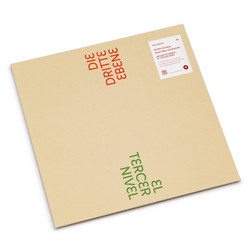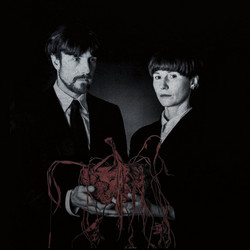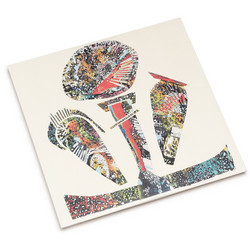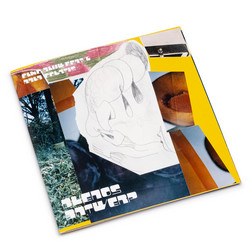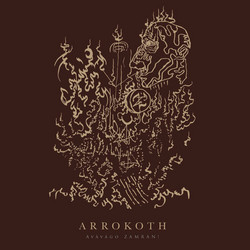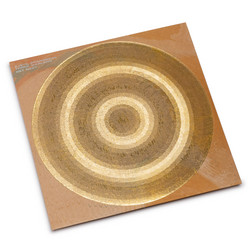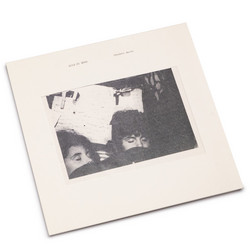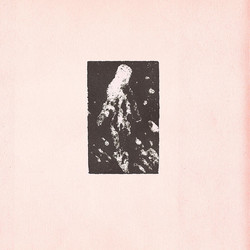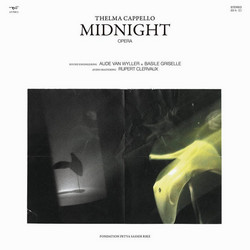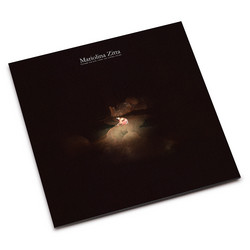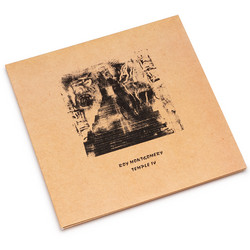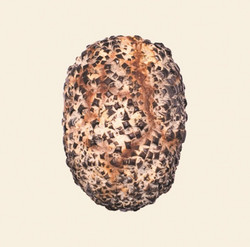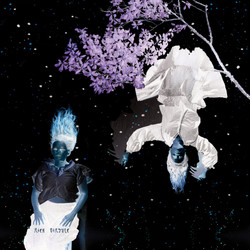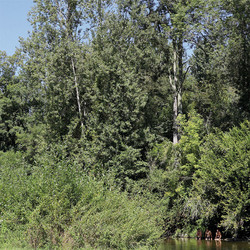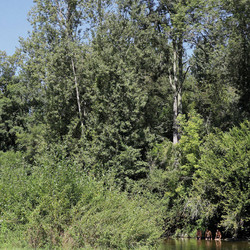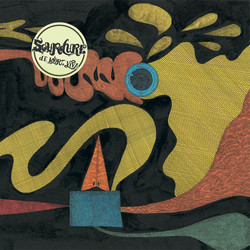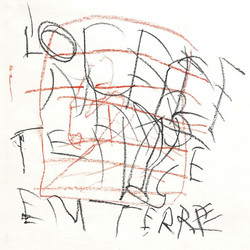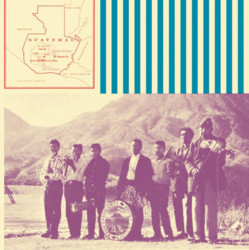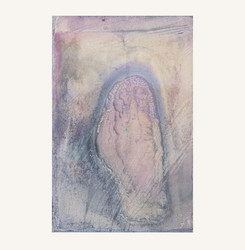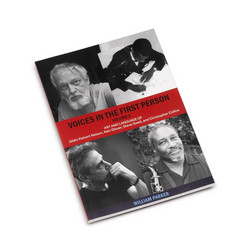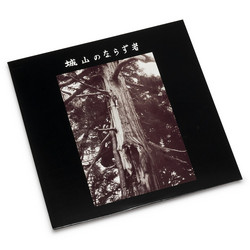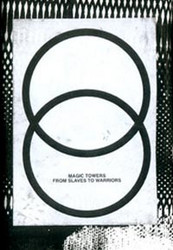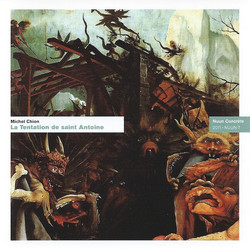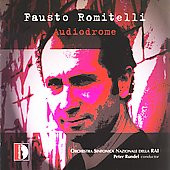Tip! French folk experimentalist Ernest Bergez has spent several years bringing his signature, singular sound to life in solo mode. At the same time, and despite this individualist streak, he’s a musician with a deep appreciation for communal exchange and collaboration. It’s with this in mind that L’herbe de détourne, Bergez’s latest album, sees him expand his most prominent project Sourdure from a one-man band into a four-person force, and modify the name. Say hello to Sourdurent…
Bergez first released music as Sourdure in 2015, a few years after diving deep into the music and culture which has most influenced the project: traditional folk from the Auvergne region of France, sung in the Occitan language. While touring his last album De Mòrt Viva, he was joined live by Jacques Puech and Élisa Trébouville and then Loup Uberto to expense to Sourdurent. In the spirit of the tavern-backroom folk session L’herbe de détourne often resembles, the vocal harmonies or extra percussion you hear is a group effort.
Bergez’s own lyrics are more polemical, addressing topics including patriarchy, autonomy, spirituality and the need to rebuild community. Metaphor and allegory abound; Chamin ne vòl pas spins a yarn that resembles a folk tale of centuries past. By choosing to deliver these thoughts and narratives in Occitan – an unstandardised, pan-European language whose very survival has been in the balance for decades – Sourdurent make a statement as important as any sentiment in the songs themselves.
Sourdurent :
Ernest Bergez - voix, violon, podorythmie, électronique, piano (A3)
Jacques Puech - voix, charrette, cannette, podorythmie, hautbois de Cahors, fifre (B1)
Elisa Trébouville - banjo, fifres, voix
Loup Uberto - luth basse, percussions, voix, trompette (A2), piano (A5), zurna et autres vents (B1), mandore (B5)
